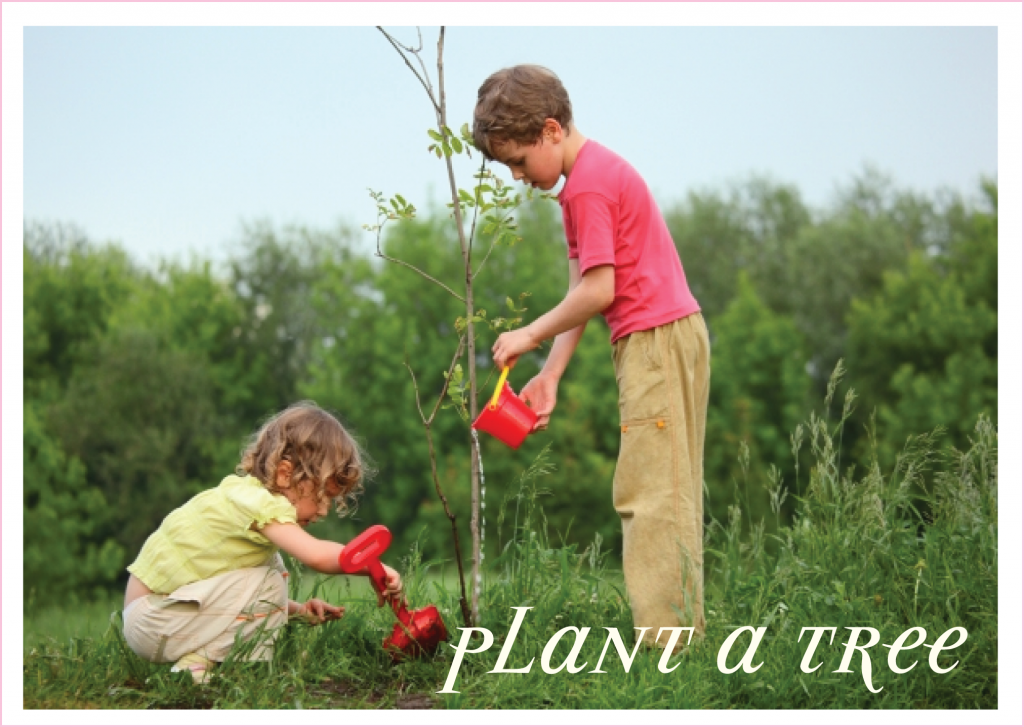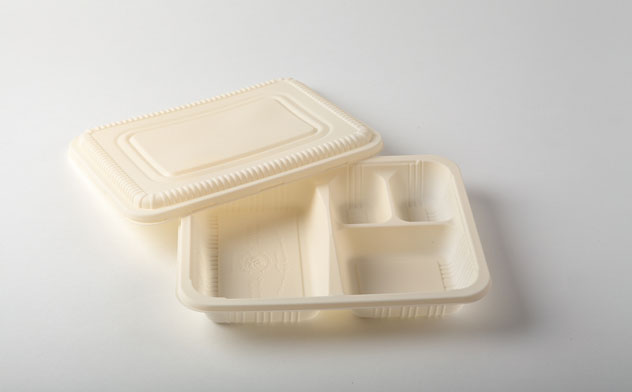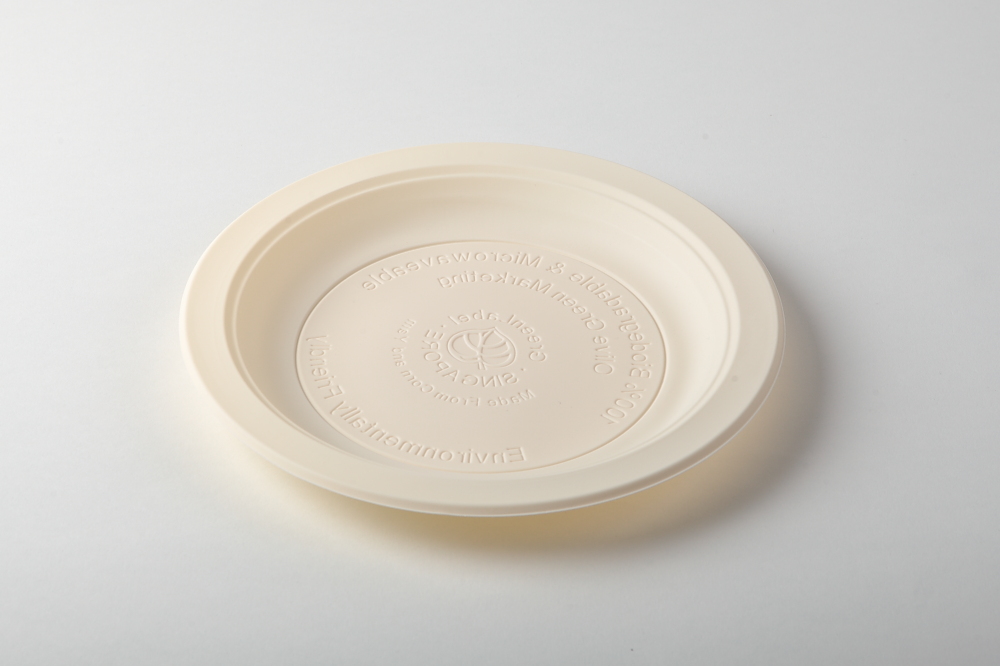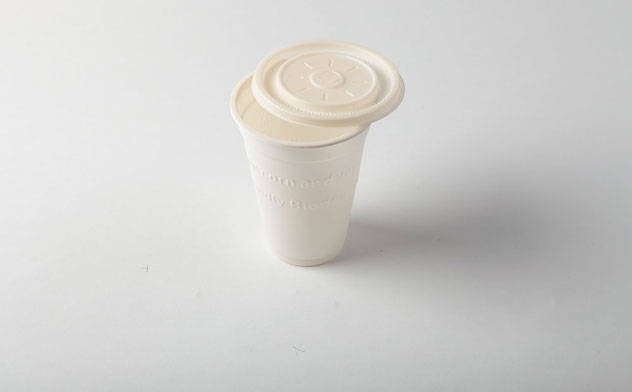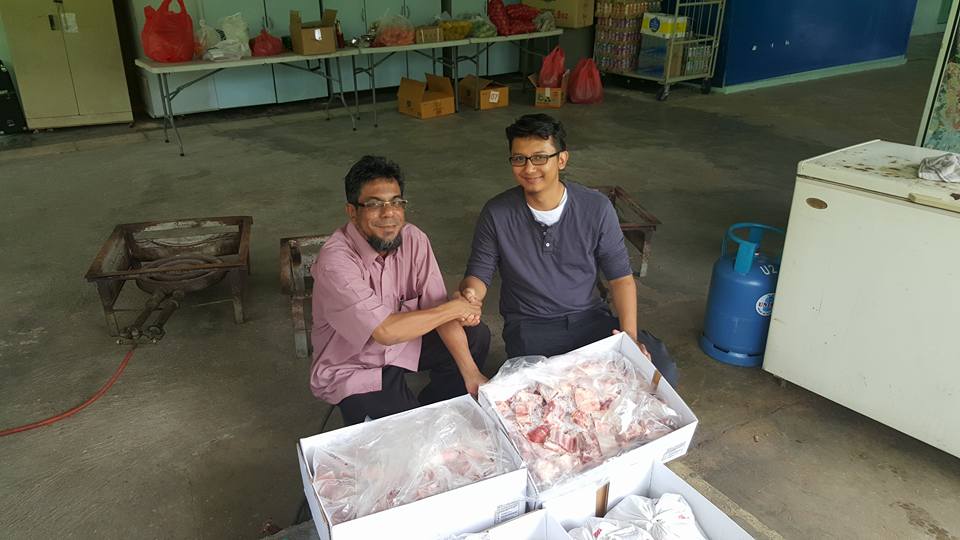By the year 2050, the increase in the average global temperature could cause the disappearance of 25% of living species.
(Nature, 1/2004)
Every year the world produces 356 kg of cereal per person, while 40 million people die of hunger.
(FAO / hungershurt.org / WRI / WHO)
In 2025 two thirds of the global population will suffer from a lack of water unless large-scale action is taken.
(UNESCO / UNEP, 1999)
World population: 1800: 1 billion 2005: 6,5 billion 2050: 9 billion.
(UN, 24th of February 2005)
Do the statistics above worry you? They should. These figures do not lie, and is a true reflection of the future – that is, if we continue to sit by and watch and do nothing. Our world is dying, slowly, yes, but dying still. And the only ones to blame are us; the humans who mercilessly take without giving back.
In the spirit of Ramadhan we fight to complete all sorts of da’wah – reading the Quran, going for Terawih prayers, giving charity to the poor – but rarely do we stop to think about giving back to the Earth that is slowly being unjustly stripped of her natural resources.
Perhaps it is because we don’t feel it yet. We are unable to see the consequences of our actions and thus turn a blind eye from the world’s pleas. We think, “If I don’t see it, then I can pretend it’s not happening.” But the truth of the matter is that in this scenario, ignorance is not bliss – and every action has a consequence.
However, amongst us, there are heroes. People who take the life given to them and pour it back out through acts of good; namely, a youth group who call themselves FiTree. Made up of bright-eyed tertiary students and graduates across Singapore, they have dedicated themselves to creating awareness on the importance of protecting our environment.
“FiTree is a fresh seedling of a youth group made up of tertiary students and graduates who gathered together with the intention of reminding the Singapore Muslim community to return to our fitrah as true khalifah fil ardh.
This Ramadhan, we will be running our first campaign to create awareness that being Green and environmentally-friendly is an important part of Islam. Through this realisation, we hope that our fellow Muslims will change their daily habits in ways that will help in sustaining the Earth.”
– http://greenfitree.wordpress.com/about/
The connection between conservation and Islam may not be one that’s seen immediately, but it is there, and as strong as any other good deed. As narrated in the Hadith,
“If a Muslim plants a tree or grow grains and a bird, a person or an animal eats from it will be counted as a charity for him.”
(Bukhara, “al-Khars ve’l-Muzara”, Muslim, “Musakaat”, H. No: 12).
When we die, what will we bring with us to the grave? Our noble actions. The good we incur on Earth will be the one to elevate our status in the hereafter; so just imagine if you were to plant a tree. Trees live a very long time; hundreds of years even – and the shade it provides, the animals that depend on it for survival, the seeds and fruits it produces – that could mean hundreds of years’ worth of charity!
Islam places a great deal on protecting nature, even though it is rarely stressed upon in school. Even during wars the Prophet s.a.w stressed,
“O people! I charge you with ten rules; learn them well… for your guidance in the battlefield! Do not commit treachery, or deviate from the right path. You must not mutilate dead bodies. Neither kill a child, nor a woman, nor an aged man. Bring no harm to the trees, nor burn them with fire, especially those which are fruitful. Slay not any of the enemy’s flock, save for your food. You are likely to pass by people who have devoted their lives to monastic services; leave them alone.”
– Taken from http://myjihad.org/2012/12/prophet-muhammads-rules-of-war/
If conserving the environment was unimportant in Islam, why would the Prophet take the time to enforce such a rule? “Bring no harm to the trees, nor burn them with fire, especially those which are fruitful.”
Granted, in Singapore it might be difficult to plant a tree and most of us will go our whole lives not burning one down either. But it is the little things that count – choosing to not pluck a leaf or a flower from a plant unnecessarily can be seen as a good deed as well.
“If you love a flower, don’t pick it up.
Because if you pick it up it ceases to be what you love.
So if you love a flower, let it be.
Love is not about possession.
Love is about appreciation.”-Osho
But what else can we do, as a Muslim, to help protect the fragile ecosystem?
Since 1980, the volume of garbage generated per inhabitant in industrialized countries has tripled.
(UNDP)
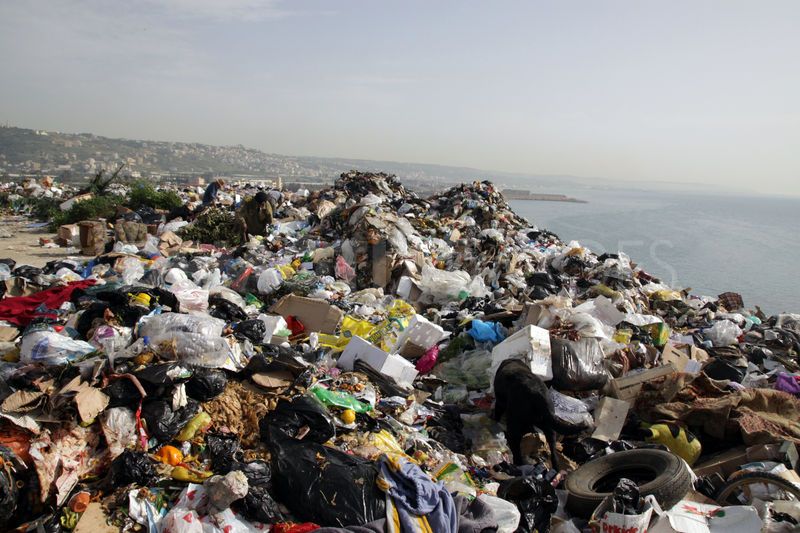
With the month of Ramadhan comes a barrage of food – from bazaars, mosques, and neighbours. And more often than not, the food is packed in styrofoam and plastic that are only good for one-time use and then thrown away. Styrofoam is one of the main enemies of the environment – and with good reason. It takes a staggering million years for it to throughly decompose, sometimes even more.
FiTree has started the great initiative of instead using cornware – a much earth-friendly type of disposable tableware.
“CornWare, CornBag and CornPack are made from Origo
Origo is a starch based bio-plastic made primarily from corn and yam. With the correct conditions (temperature, humidity and the presence of microbes), our products will biodegrade after 90 days. They are also up to 68% carbon-neutral when incinerated, reducing the amount of greenhouse gases significantly.
Our products are toxic free and do not leach harmful substances into the food even at high temperatures. Thus, it does not have the health hazards associated with the usage of plastic and Styrospork tableware.
In Singapore, our products have gained the recognition of the Singapore Environment Council and have been awarded the Green Label. Internationally, Origo has been accreditated by various recognised organisations and is also ISO certified.”
– Taken from http://www.olivegreen.com.sg/products.php
By choosing to buy Cornware over styrofoam or plastic, you are making a conscious decision to save the environment. For more information on Cornware, visit this website: http://www.olivegreen.com.sg/about.php
There are many ways in which we could help Mother Nature and slowing down the dreaded effects of global warming and pollution; for more tips and advice, visit FiTree at http://greenfitree.wordpress.com/about/.
Being aware of our actions and being responsible for them are all dire Islamic qualities. How can we think ourselves great for performing extra prayers and helping the poor when we deliberately waste food and are reckless with how we deal with the things destined for landfills?
It’s never too late to make a change. What will you leave behind on Earth – the tons of styrofoam rotting away at a miniscule pace, or the strong, tall tree breathing life back into the world?

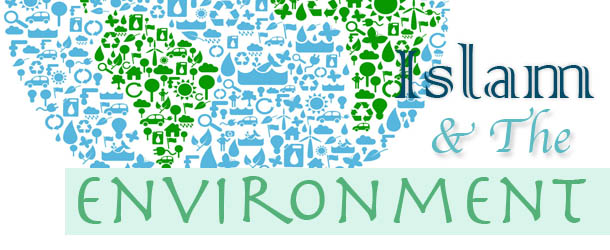
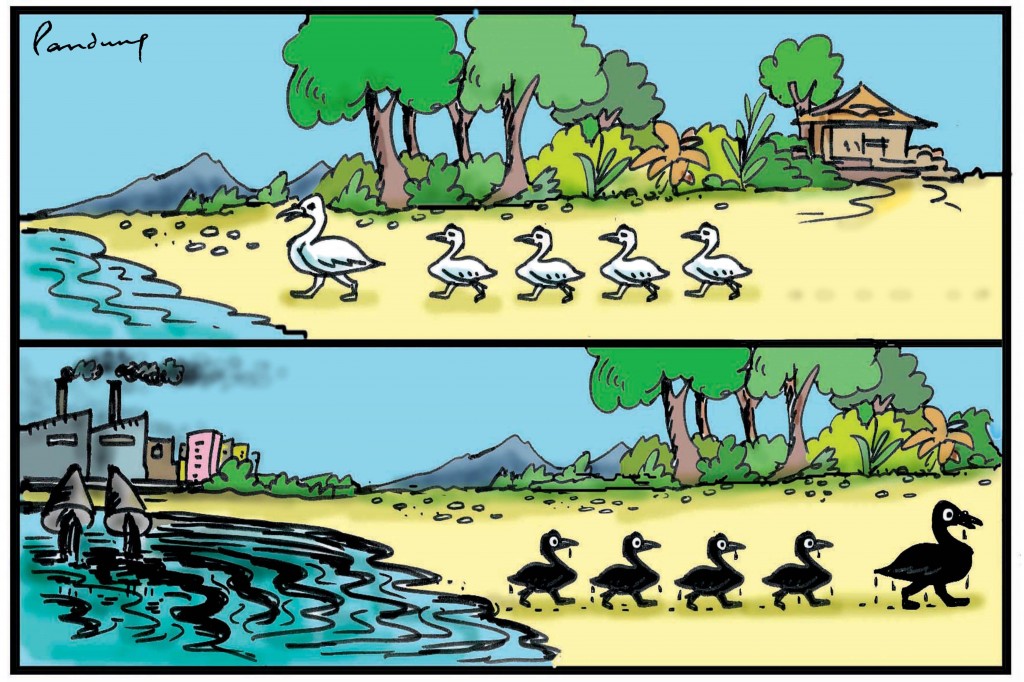
![deforestation[1]](http://www.islamicevents.sg/blog/wp-content/uploads/2013/07/deforestation1.gif)

